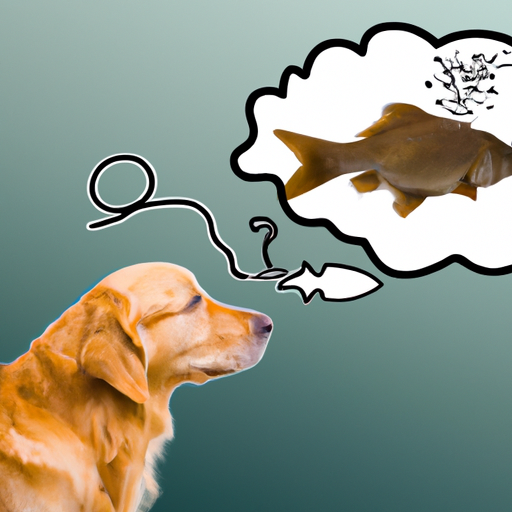As a caregiver, it’s normal for you to be concerned about every aspect of your pet’s health, including those less appealing – like the peculiar fishy smell emanating from their rear end. Here’s a deep dive into why your dog’s butt might smell like fish and what you can do about it.
H2: The Anal Sac Explanation
Your dog’s fishy smell likely originates from their anal sacs. These two small pouches are located on either side of your dog’s anus, containing a foul-smelling liquid that’s a unique identifier – sort of like a doggie fingerprint.
Dogs naturally express these sacs when they poop. However, if they’re not emptied regularly, they can overfill and even become impacted, leading to discomfort and that fishy odor. Impacted anal sacs could be the result of various factors, including:
- Soft poop: Doesn’t exert enough pressure to express the sacs
- Obesity: Leads to tighter anal muscles, making it harder to express the sacs
- Allergies: Can lead to inflammation and swelling, preventing the sacs from being expressed
H2: Signs of Anal Sac Issues
If your dog’s butt smells like fish, it could be a sign of anal sac issues. Some common signs to look out for include:
- Scooting: Dragging their rear end on the ground
- Excessive licking or biting at the anal area
- Difficulty sitting or appears uncomfortable when sitting
- Blood or pus in their poop
H2: Treatment and Prevention
If you suspect anal sac issues, it’s best to consult with a vet. They can manually express the sacs and prescribe medication if necessary. For prevention, consider the following:
- Diet: High-fiber foods can lead to firmer stools, helping to express the sacs naturally.
- Exercise: Regular physical activity can help prevent obesity and promote overall health.
- Regular vet check-ups: Routine examinations can catch issues before they become severe.
H2: Other Possible Causes
While anal sac issues are the most common reason, other causes could contribute to fishy smells. These include:
- Urinary Tract Infections (UTIs): These can cause a foul smell and other symptoms like frequent urination or discomfort while urinating.
- Poor hygiene: If your dog has long hair around its anus or is obese, it could have difficulty keeping clean, leading to smelly problems.
- Skin infections: If your dog has a skin infection in the anal area, it could produce a foul smell.
H2: FAQ
1. Can I express my dog’s anal sacs at home?
Yes, but it’s not recommended unless you’ve been taught by a vet. Incorrectly doing so can cause harm.
2. How often should anal sacs be expressed?
It varies from dog to dog. Some may need it monthly, while others may never need it.
3. Can diet affect the smell?
Absolutely. A high-fiber diet can help reduce the smell by promoting regular anal sac expression.
4. Are certain breeds more prone to anal sac issues?
Yes, smaller breeds like Chihuahuas and Poodles are often more prone to these issues.
5. Can a fishy smell be a sign of something more serious?
While usually not life-threatening, persistent smells can indicate underlying issues like infections or allergies. Always consult with a vet if you’re concerned.
In conclusion, there are plenty of reasons why your dog’s butt might smell like fish. As a caregiver, your keen observation and timely action can keep your furry friend comfortable and healthy.



